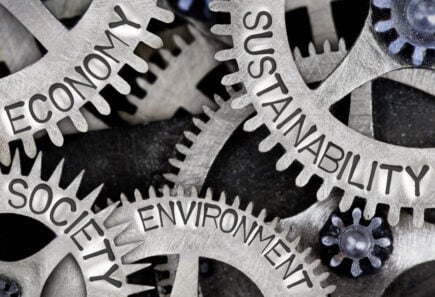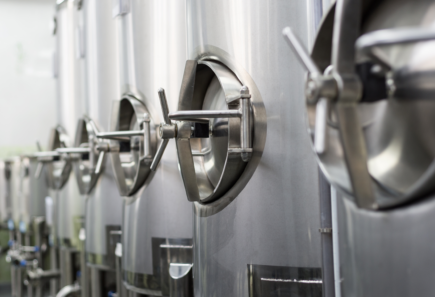
New studies show cultivated meat can have massive environmental benefits and be cost-competitive by 2030
Elliot Swartz, Ph.D.Cultivated meat can compete on costs and have a lower environmental footprint compared to conventional meat production.

Cultivated meat can compete on costs and have a lower environmental footprint compared to conventional meat production.
GFI's comment supports a cautious and flexible approach towards labeling as cultivated seafood comes to market. Learn why we support regulatory flexibility for cultivated seafood.

Join GFI Senior Scientist Elliot Swartz, Ph.D., for a review of key insights from a recent life cycle assessment (LCA) and techno-economic analysis (TEA) modeling a future large-scale cultivated meat production facility.
In March 2021, The Good Food Institute, along with 60 nonprofits, trade associations, and companies, asked Congress to fund alternative protein research and development in the FY22 budget for the U.S. Department of Agriculture and the National Science Foundation.

Join Dr. Marianne Ellis, Associate Professor at the University of Bath, for a review of her GFI-funded research project focused on designing large-scale bioreactors and bioprocesses for the affordable production of cultivated meat.

Support from governments, academia, and nonprofits will help ensure cultivated seafood reaches its full potential to sustainably meet the global demand for seafood and restore the health of our oceans.

Are you interested in working in alternative protein? Join SciTech university innovation specialist, Christina Aguila, to learn more about what it takes to pursue an academic or industry career in this rapidly growing field.

Are you interested in working in alternative protein? Join SciTech university innovation specialist, Christina Aguila, to learn more about what it takes to pursue an academic or industry career in this rapidly growing field.

Are you interested in working in alternative protein? Join SciTech university innovation specialist, Christina Aguila, to learn more about what it takes to pursue an academic or industry career in this rapidly growing field.

The annual Food Edge conference brings together industry leaders, disruptive startups, and leading researchers to discuss and collaborate around the trends that are shaping the future of food.